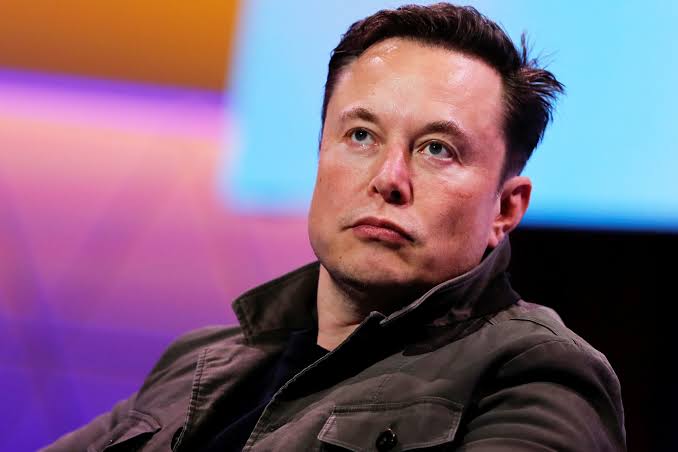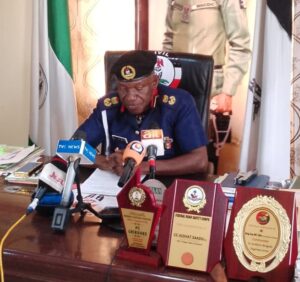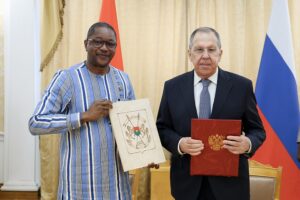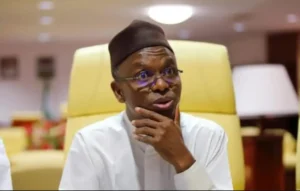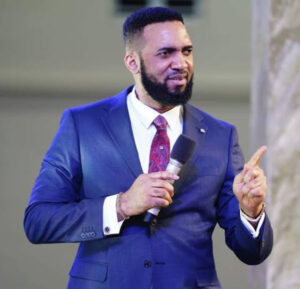Elon Musk, the billionaire founder of Tesla and SpaceX, has stirred controversy with his recent offer of $1 million a day to registered voters in key swing states who sign a petition. This initiative is part of his political action committee (PAC), America PAC, which supports Donald Trump’s campaign for the presidency.
Musk’s campaign encourages voters in states like Georgia, Arizona, and Pennsylvania to sign a petition promoting the First and Second Amendments of the U.S. Constitution. To sweeten the deal, the PAC has been offering smaller cash incentives, starting at $47 for referring other voters and escalating to $100 in some cases. However, the highlight is the daily $1 million prize awarded randomly to a petition signer.
Despite Musk’s claims that the giveaway is lawful, many legal experts argue it may violate election laws. In the U.S., it is illegal to pay individuals for registering to vote or for voting itself. Critics assert that because only registered voters are eligible for Musk’s giveaway, it could be seen as a way to incentivize voter registration with cash, which could be illegal.
The U.S. Justice Department has confirmed that it has received complaints regarding Musk’s initiative from a group of 11 former Republican officials. These officials are asking for an investigation into whether Musk’s financial incentives constitute illegal payments for voter registration.
Legal scholars, including Paul Schiff Berman from George Washington University, believe Musk’s offer likely contravenes the law. He points to specific laws that prohibit payments related to voter registration, suggesting that because Musk’s giveaway is limited to registered voters, it may indeed be unlawful.
While some experts see potential loopholes that Musk might exploit—such as framing the payments as rewards for signing a petition rather than for registering to vote—many are unconvinced. Michael Kang, an election law professor at Northwestern University, emphasizes that the context of the giveaway makes it clear that Musk’s actions are designed to encourage voter registration, which raises legal concerns.
Musk has publicly defended his initiative, asserting that anyone can participate regardless of political affiliation. He suggests that the giveaway is merely a way to support free speech and the right to bear arms. However, critics, including Pennsylvania’s Democratic Governor Josh Shapiro, have expressed deep concern about the implications of Musk’s cash incentives, emphasizing the need for legal scrutiny.
As the election date approaches, the debate over Musk’s $1 million giveaway continues. The potential legal ramifications could significantly impact the upcoming election, making this a story to watch closely. Whether Musk’s actions will ultimately be deemed lawful remains to be seen, but the scrutiny they attract underscores the complexity of campaign finance and election law in America.
https://www.youtube.com/watch?v=tCy33yyOVtE?si=7iqN8b4u5ltbH0wd
https://www.youtube.com/watch?v=NJ8mNbwsSuw?si=V-Ot7D81PSUdXb4q
